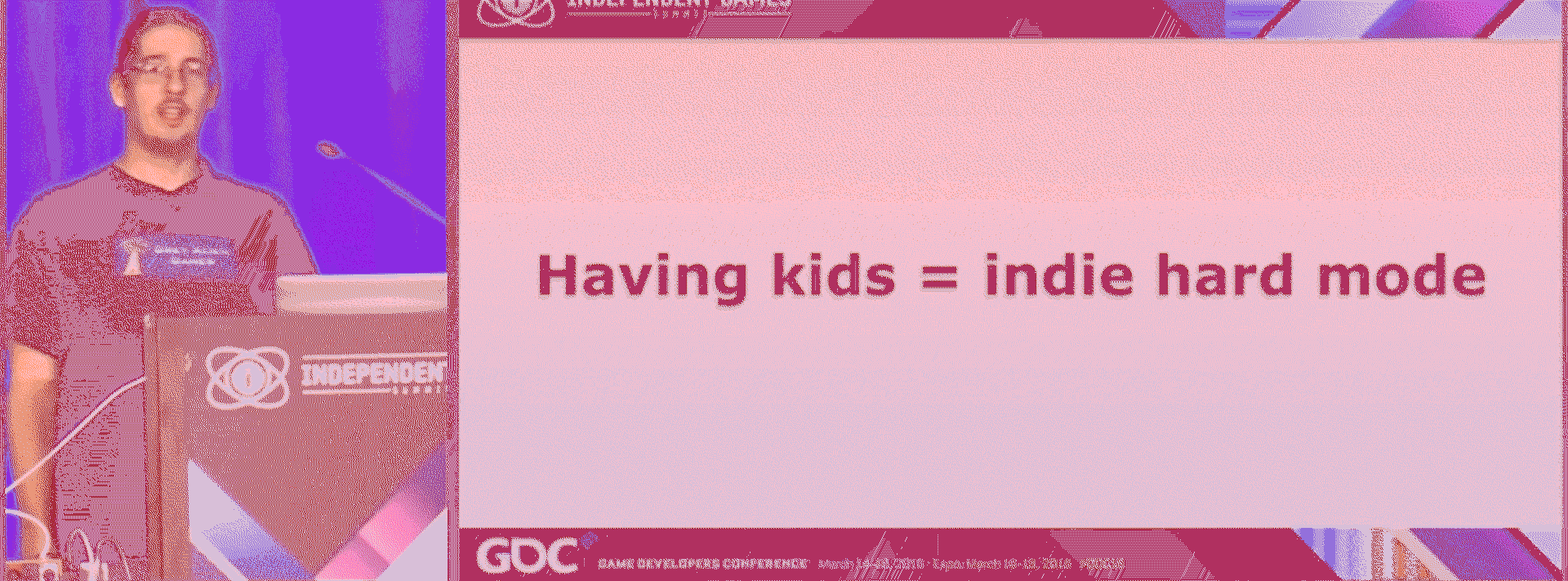Week 6 — Development practice retrospective
One of the tasks this 6th week is
Perform an interim retrospective on your learning so far.
Start
- Pay more attention to moments which inspire reflection
- Make more little games, trying a different thing each time (action item: “Be a better designer”)
Stop
Nothing comes to mind here. Perhaps I’m just “staying afloat” and happy enough that I’m not falling behind.
Continue
- Actioning items of work as they come up
- Capturing items of work in Trello if I can’t action them right now
- Editing and rescoping what I’m doing any given moment to fit my time constraints
- Interacting with the cohort (forums and Discord) (this is easy, as it’s fun, and they’re a great bunch)
Previous action items
I came into this course with a few action items in my head:
Put my finger on the industry pulse
For this item, I’ve done the following:
- subscribe to MCV/Develop print magazine
- join IGDA
- subscribe to some of the Gamasutra newsletters
- create a few gamedev-related alerts on Hacker News with alerthn
I spend maybe 20-30 minutes on catching up on these every day, and the rest I just delete. I try and spot the timeless items, like game design gems, or insightful interviews with designers, and I bookmark those.
Figure out what it is I really want to do
I think I previously came up with a list like this before, in order of attainability:
- not work in/with games, but develop a deeper appreciation of games and game design, or look at non-game things with a game designer’s eyes
- stay in my web development career “by day”, but be an indie games studio “at night” and make games
- stay in my web development career, but find more creative opportunities (e.g. museum installations, or gamifying an ecommerce website)
- save up and start a full-blown indie dev studio in a couple of years and spend all my time on my first title
The truth is that making a living as an indie is hard (GDC 2016). The other option is working at medium/large studios, but I’d rather be part of a range of production activities, instead of just specialising in one thing.

(Copyright 2016 GDC)
This is still something I’m thinking about. I’m almost certainly already half-way down that list (i.e. I’m appreciating games more as I learn about the disciplines, and I’m making games for fun anyway.)
There might be an opportunity in November 2020 to work on gamifying a VR (virtual reality) night club experience, which brings me closer to the 3rd point on that list.
As for the studio, I’ll make a bunch of little unsuccessful games before I hit on the “big one”.
...at the beginning of 2009, Rovio was close to bankruptcy. Then they had to create the perfect game, do every other little thing exactly right, and keep on doing it. The Heds had developed 51 titles before Angry Birds. Some of them had sold in the millions for third parties such as Namco and EA, so they decided to create their own, original intellectual property.
"We thought we would need to do ten to 15 titles until we got the right one"
(Cheshire 2011)
Bibliography
- CHESHIRE, Tom. 2011. “In Depth: How Rovio Made Angry Birds a Winner (and What’s next).” Wired UK. Available at: https://www.wired.co.uk/article/how-rovio-made-angry-birds-a-winner [accessed 28 Oct 2020].
- GDC. 2016. “How to Survive in Gamedev for Eleven Years Without a Hit.” Available at: https://www.youtube.com/watch?v=JmwbYl6f11c [accessed 28 Oct 2020].
This post is part of my critical reflective journal and was written during week 6 of the module development practice.
Unlabelled images are Copyright 2020 Juan M Uys, and are for decorative purposes only.